I also read a book called Breaking the Habit of Being Yourself by Dr. Joe Dispenza. The last part of the book is a 4-week meditation program to help to implement the ideas that he writes about. I’m currently finishing week 1 of the program.
"The latest research supports the notion that we have a natural ability to change the brain and body by thought alone, so that it looks biologically like some future event has already happened. Because you can make thought more real than anything else, you can change who you are from brain cell to gene, given the right understanding." - Dr. Joe Dispenza, from Breaking the Habit of Being Yourself
It’s not enough though, according to Dispenza, to initiate change via your thoughts only. It’s not enough via feelings only either. They have to work in tandem. Let’s look at an example.
In my early twenties, I lived in New York City. My moods and state of mind fluctuated wildly back then. I really was at the mercy of my mind. One day, I’d wake up feeling good and energetic and attractive and I would go out and walk down the street and make eye contact with attractive women walking by. The next day, I could be feeling depressed and insecure and anxious and I’d walk down the street feeling invisible and unattractive.
My challenge to you is the following:
Take a few minutes to think about your own repetitive thoughts, feelings and behaviors and how they might be reinforcing your habitual ways of being.
Can you imagine a scenario where your thoughts/feelings/behaviors are slightly different?
Can you imagine how that would change you're responded to?
Bye for now.
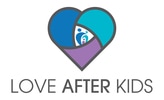
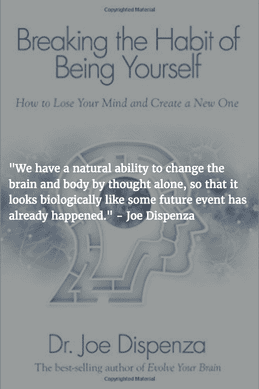
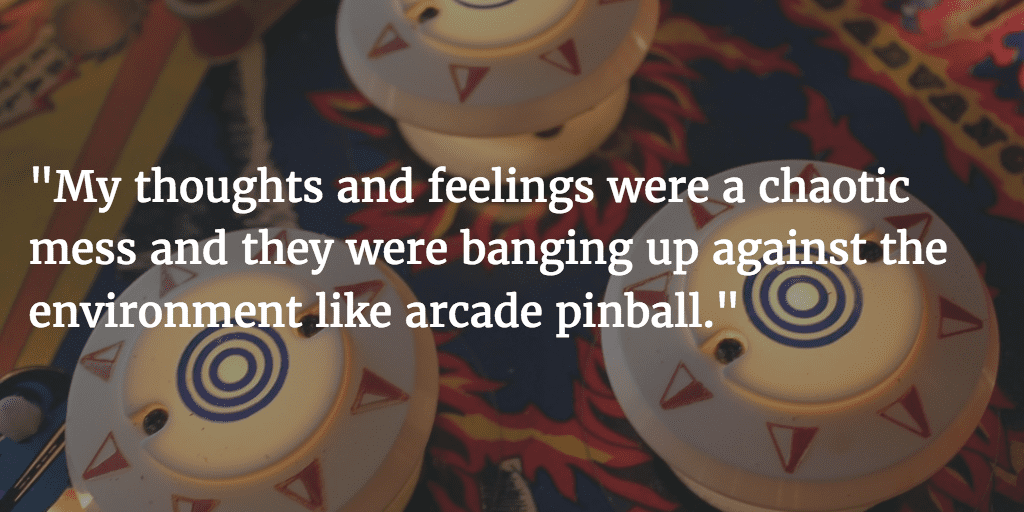
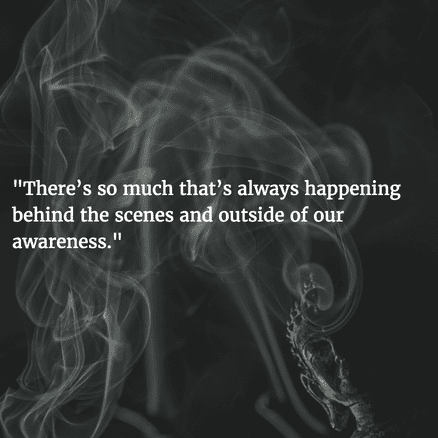
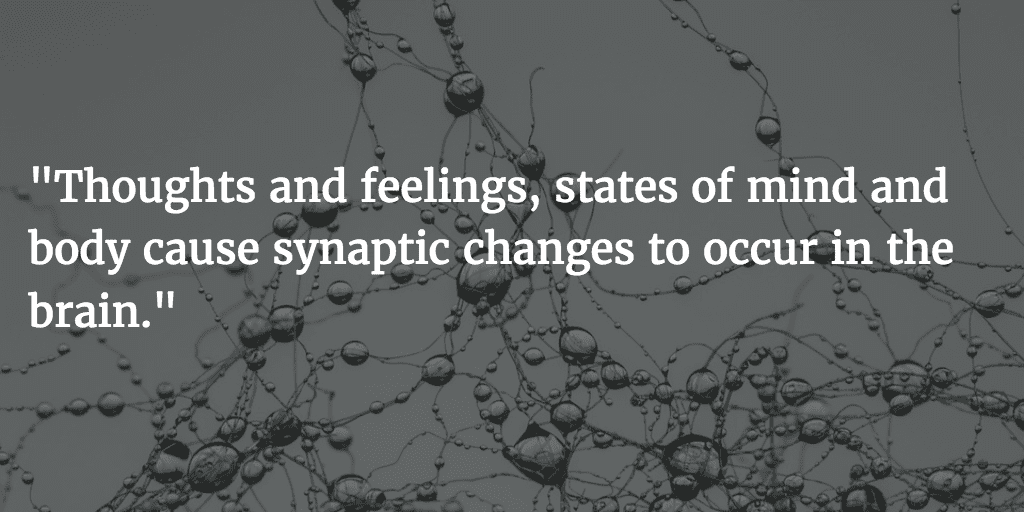
 RSS Feed
RSS Feed